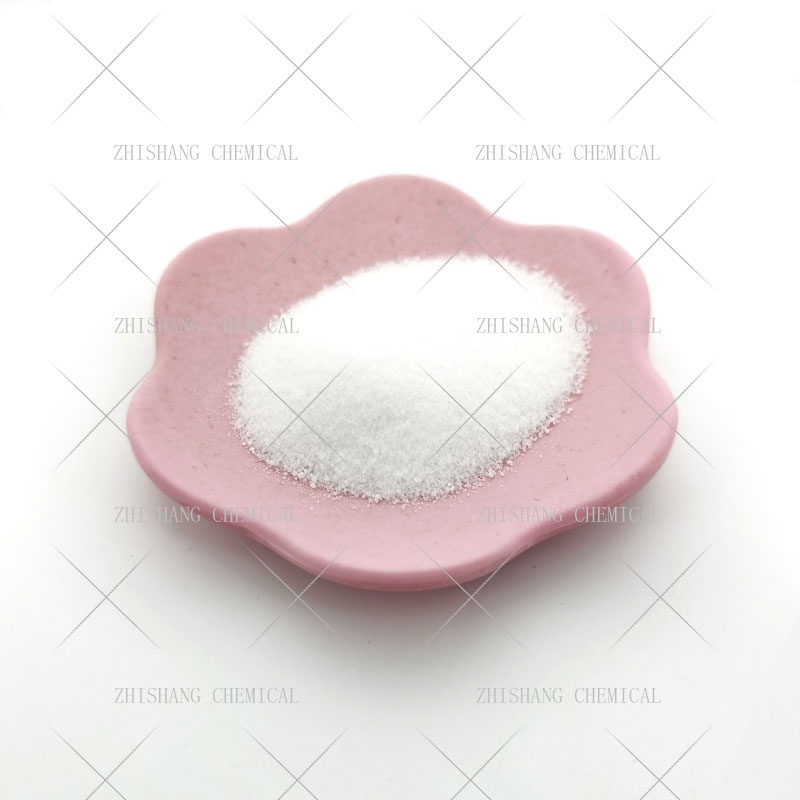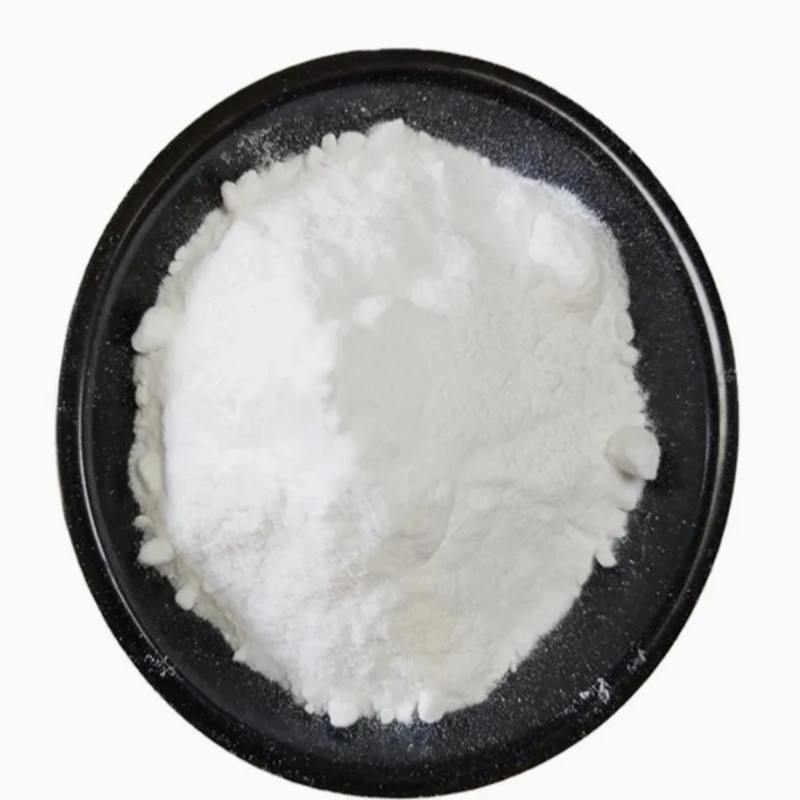-
Categories
-
Pharmaceutical Intermediates
-
Active Pharmaceutical Ingredients
-
Food Additives
- Industrial Coatings
- Agrochemicals
- Dyes and Pigments
- Surfactant
- Flavors and Fragrances
- Chemical Reagents
- Catalyst and Auxiliary
- Natural Products
- Inorganic Chemistry
-
Organic Chemistry
-
Biochemical Engineering
- Analytical Chemistry
-
Cosmetic Ingredient
- Water Treatment Chemical
-
Pharmaceutical Intermediates
Promotion
ECHEMI Mall
Wholesale
Weekly Price
Exhibition
News
-
Trade Service
Silodosin is a medication that is commonly used to treat benign prostatic hyperplasia (BPH), a condition in which the prostate gland becomes enlarged.
It works by relaxing the muscles in the prostate and bladder neck, which can improve urinary flow and reduce symptoms such as frequency, urgency, and difficulty urinating.
When it comes to the safety of silodosin, it is important to note that it is generally well-tolerated and has a good safety profile.
However, as with any medication, there are some potential side effects that can occur.
One of the most common side effects of silodosin is dizziness, which can be caused by the sudden change in blood pressure that occurs when the medication is taken.
This can be minimized by standing up slowly from a seated or lying down position and by avoiding activities that may cause dizziness, such as operating heavy machinery or driving.
Other side effects that may occur with silodosin include nasal congestion, headache, and fatigue.
These side effects are generally mild and do not require medical attention.
In rare cases, silodosin can cause more serious side effects, such as a decrease in blood pressure, which can lead to dizziness, fainting, or even heart attack or stroke.
This can be minimized by monitoring blood pressure during treatment and by informing the healthcare provider of any other medical conditions or medications that may increase the risk of low blood pressure.
It is also important to note that silodosin should not be taken by men with a history of serious allergic reactions to the medication or to similar medications, such as alfuzosin or tamsulosin.
In conclusion, silodosin is generally considered to be a safe medication for the treatment of BPH, with a good safety profile and few serious side effects.
However, as with any medication, it is important to be aware of the potential side effects and to inform the healthcare provider of any medical conditions or medications that may increase the risk of adverse effects.
By following the instructions of the healthcare provider and monitoring for side effects, silodosin can be a safe and effective treatment option for men with BPH.







